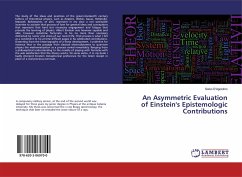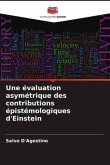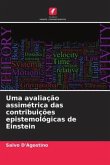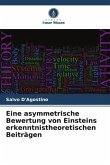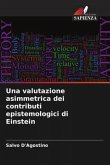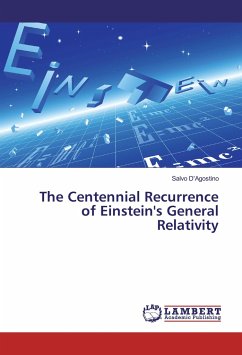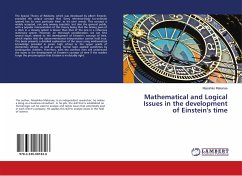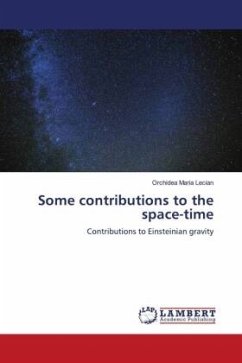The study of the ideas and practices of the great nineteenth century fathers of theoretical physics, such as Ampère, Weber, Gauss, Helnholtz, Maxwell, Boltzmamm, et altri, represent in my view a not sostituible incentive to activate that process of love for general ideas and conceptions that represent that hard but necessary engagement and fatigue that precede the learning of physics. Albert Einstein was however capable and able, however sometime fortunate, to be no more than necessary distracted by rumor and stress of our recent life. That process is what I felt as a condiment to his at time difficult pages in his celebrated contributions. Dissenting from the historiography of a linear development, I underline for instance that in the passage from classical electrodynamics to quantum physics the mathematization as a process varied remarkably. Ranging from a philosophical understanding to the novelty of playing with formulas with the sole satisfaction that the theory works. Sit venia verbo, if in my book I badly interpret Einstein metaphorical preference for the ticket receipt in place of a real precious overcoat.
Bitte wählen Sie Ihr Anliegen aus.
Rechnungen
Retourenschein anfordern
Bestellstatus
Storno

